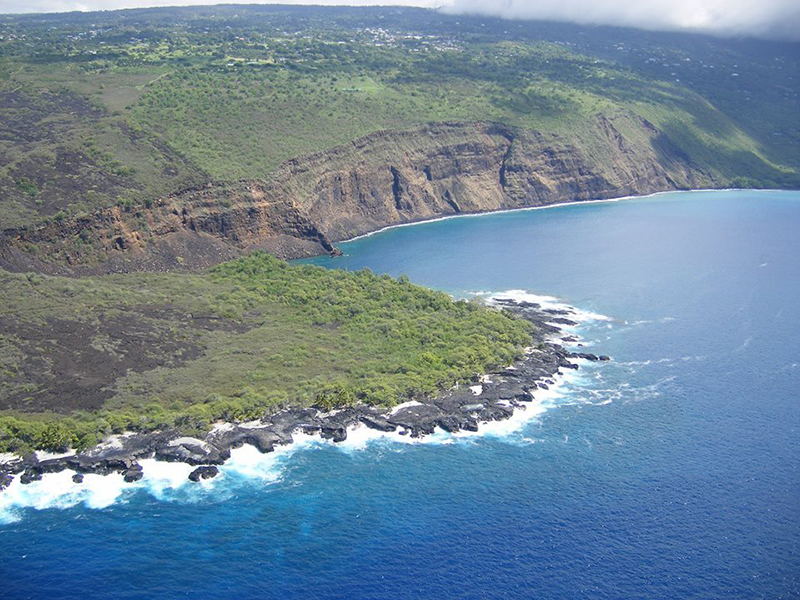Transforming community climate adaptation through Indigenous place-based connection

This project addresses the urgent climate adaptation needs of Pacific Islander communities, focusing on the Kealakekua area of Hawaiʻi. Despite contributing minimally to climate change, these communities face severe consequences, such as sea-level rise, stronger storms, and coral bleaching, impacting their infrastructure, livelihoods, and cultural practices. This project seeks to empower local stakeholders and build climate resilience by integrating Indigenous knowledge and community-driven approaches into accessible formats for well-informed decision-making for local natural and cultural resource management. We will addresses the pressing need to protect vulnerable communities and ecosystems from climate-related threats. This effort will benefit not only the Kealakekua community and ecosystems, but also similar communities and ecosystems across the Pacific region and beyond. Recognizing and including Indigenous knowledge is essential for solving the climate crisis and protecting ecosystems.
The main goals of the project include conducting a comprehensive, social-environmental assessment and developing a science and traditional knowledges-based heritage management program tailored to the needs of the Kealakekua community. Through ethnographic research and the development of ecological calendars, we aim to co-produce knowledge with the community and enhance their capacity for climate adaptation through more informed decision-making. The project’s outcomes will advance theory, emphasize process, and inform community natural and cultural resource management activities. These will be valuable resources for policymakers, researchers, and community leaders seeking to implement effective climate adaptation strategies. By integrating Indigenous knowledge and fostering community empowerment, the project will contribute to building climate resilience, preserving cultural heritage, and improving the health and well-being of human and more-than-human communities in Kealakekua and beyond.
PROJECT DETAILS
FUNDED:
FY2024
PI:
Steven Mana‘oakamai Johnson
Assistant Professor of Natural Resources, Cornell University
Co-Is:
Aric Arakaki
Superintendent, Ala Kahakai National Historic Trail, National Park Service
Joseph Genz
Associate Professor of Anthropology, UH Hilo
Scott Laursen
Climate Adaptation Extension Specialist, PI-CASC
Shane Akoni Nelsen
Public Policy Advocate, Kealakekua ‘Ohana Advisory Council
Tanya Souza
Archaeologist, Ala Kahakai National Historic Trail, National Park Service

